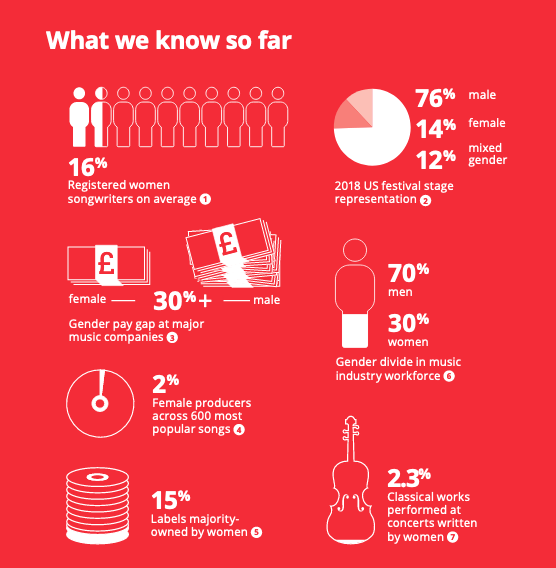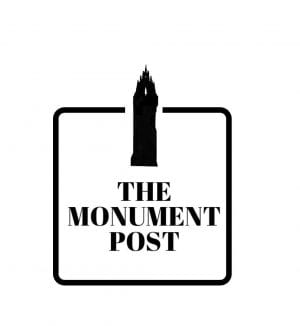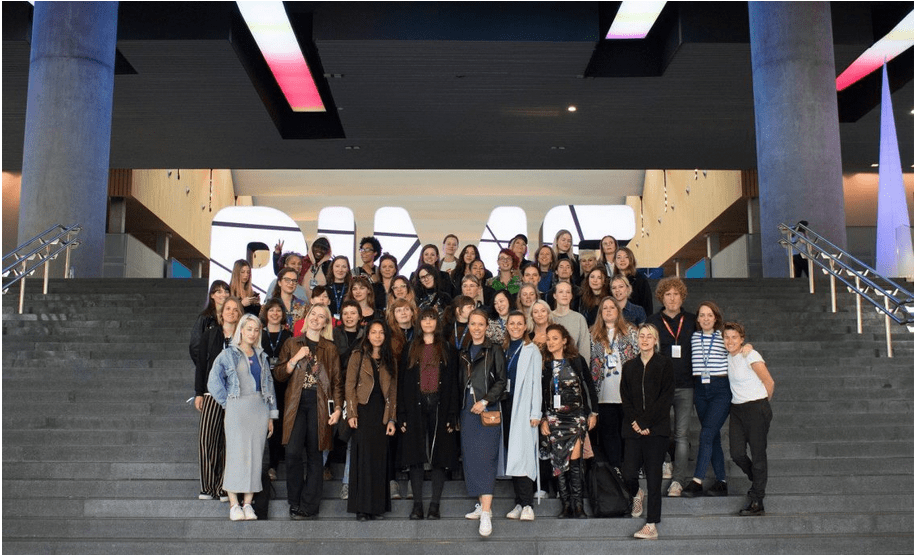By Samantha Barr
Festival season might be over but the conversation over gender inequality in music is far from over as ‘Keychange 2.0’ launched at Reeperbahn festival in Germany.
The first part of ‘KeyChange’ was launched in 2017 by the PRS Foundation, who are the UK’s leading funder of new music and talent development, in an attempt to balance the music industry by supporting and empowering female-identifying musicians.
In the project’s manifesto, it is stated just 2% of the 600 most popular songs between 2012-2017 were produced by females, amounting to just 12 songs in five years.
Also noted is the 30 – 70 female to male workforce divide within the music industry globally as found by Women in Music.
 Breakdown of women in music industry: – Source: Women in music
Breakdown of women in music industry: – Source: Women in music
The figures, although only a small collection, point towards a worldwide problem in an industry worth a reported $19.1 billion according to Forbes and International Federation of Phonographic Industry.
At the recent Resonate music conference in Glasgow, the crowd was a diverse mix of attendees as were the conversations surrounding the industry.
However, the music industry they work for is not the same.
Earlier this year Rakel Mjöll, vocalist for Dream Wife called out the lack of equality in the industry as the band played London’s Citadel festival in July.
On the bands Instagram she wrote ‘the lack of woman artists on today’s festival bill is a joke’ before posting a longer statement.
 Dream Wife post: – Source: Instagram
Dream Wife post: – Source: Instagram
After the band played the Primavera Sound Festival in Spain, they acknowledged the effort that was made to create a more gender- balanced line up which was in line with the KeyChange project, by tweeting; ‘last night saw; FKA twigs, Erykah Badu, Sigrid & Chris didn’t realize till later we’d only seen woman artists…& was ‘normal’ & not an over-sensationalized statement of gender equality.’
Primavera Sound represents an idealistic music industry, not one that currently exists. Womeninmusic.org estimates only 30% of the European music industry workforce is made up of women.
Pale Waves made a similar point to Mjöll’s as lead singer Heather Baron-Gracie pointed out that her and fellow bandmate, Ciara Doran, were the only females on the entire days line up when they were supporting the 1975 at Glasgow Summer Sessions.
TRNSMT 2019 Lineup: – Source: TRNSMT Festival
This type of male-dominated line up was also seen at this year’s TRNSMT festival in Glasgow, where out of the 45 artists who performed, only nine included one or more female’s and there was only one all-female band, The Blue Moon.
Both Summer Sessions and TRNSMT are run by DF concerts who this year had a stage dedicated to ‘emerging female-identifying artists within the Scottish scene.’
However, Generator, the leading music sector development agency in the UK, says this was constructed in response to backlash claiming that the festival’s lineup was ‘incredibly male-dominated.’
In the Keychange Manifesto there is a list of recommendations set out by PRS, titled ‘Recommendations for a Gender Balanced Music Industry’, which aim to improve the industry by introducing changes such as creating more senior role models by improving recruitment, making more funds available that will empower underrepresented artists and industry professionals, research further into the current gender gap and the economic impact of having more females in companies and tackling gender stereotypes through education.
As Mjöll and others in the industry say, the lack of equality in the music industry means we all lose out on an industry which can benefit us all and keep us entertained for years to come.

